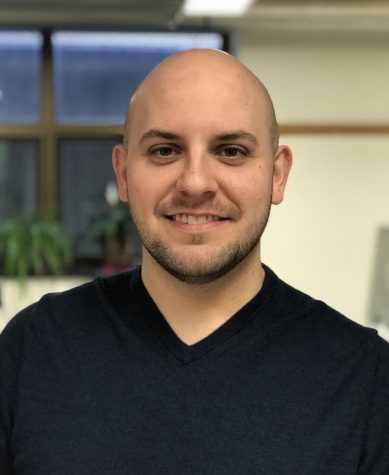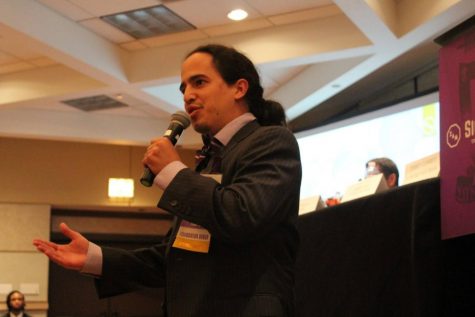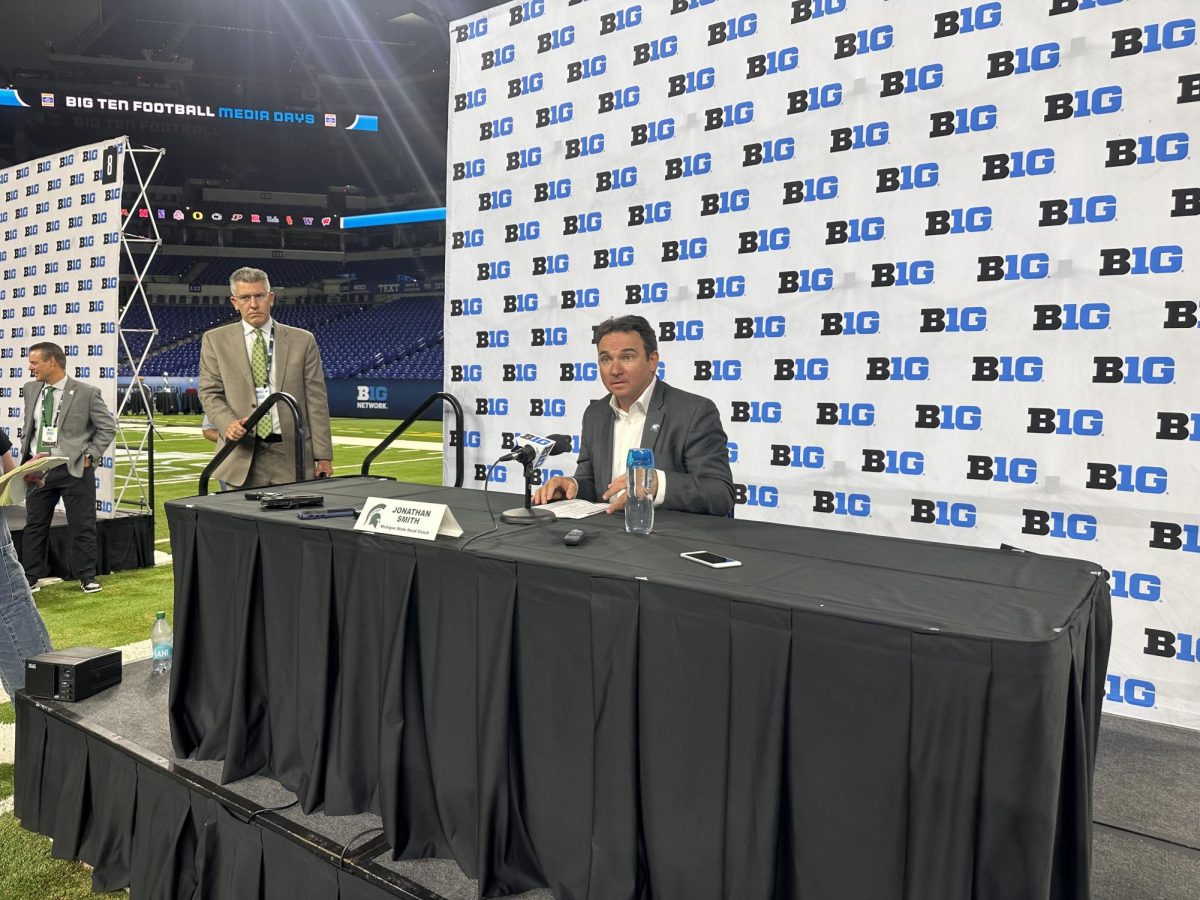The Sci-Files – 07/12/2020 – Jeremy Gingrich – Plastics in the Placenta
July 13, 2020

On this week’s The Sci-Files, your hosts Chelsie and Danny interview Jeremy Gingrich from the Department of Pharmacology and Toxicology. There are over 300 million tons of plastics produced globally every year. Since plastics break down poorly in the
environment, this number compounds yearly and has led to ubiquitous human consumption of plastics through food, water, and airborne dust. One main chemical component of plastics are bisphenols. Bisphenols are endocrine-disrupting chemicals, or EDCs, that can act like promiscuous hormones. For example, the most common bisphenol, bisphenol A (BPA), is both an estrogen-like and a testosterone-like chemical. Since dysfunctional hormone signaling can be particularly harmful during pregnancy and early life, it’s important to understand what happens if you’re exposed gestationally to chemicals like BPA. Jeremy’s work focuses on how BPA and emerging or “replacement” bisphenol chemicals, like bisphenol S (BPS), have on the development and function of the placenta. Although transient, the placenta is the first organ you develop, and functions like the lungs, kidneys, and liver during early life. Often thought of as a barrier to the external environment, the placenta is semi-permeable and allows the transfer of some chemicals, including bisphenols, from the mother into fetal circulation. Using sheep as an animal model, Jeremy has identified a previously unknown defect in placental development following gestational exposure to an emerging bisphenol, BPS, but not BPA. Understanding exposure outcomes like these help drive regulatory decisions regarding the safe use of bisphenols in consumer products.
If you’re interested in talking about your MSU research on the radio or nominating a student, please email Chelsie and Danny at [email protected]. You can ask questions about future episodes here. Check The Sci-Files out on Twitter, Facebook, Instagram, and YouTube!































